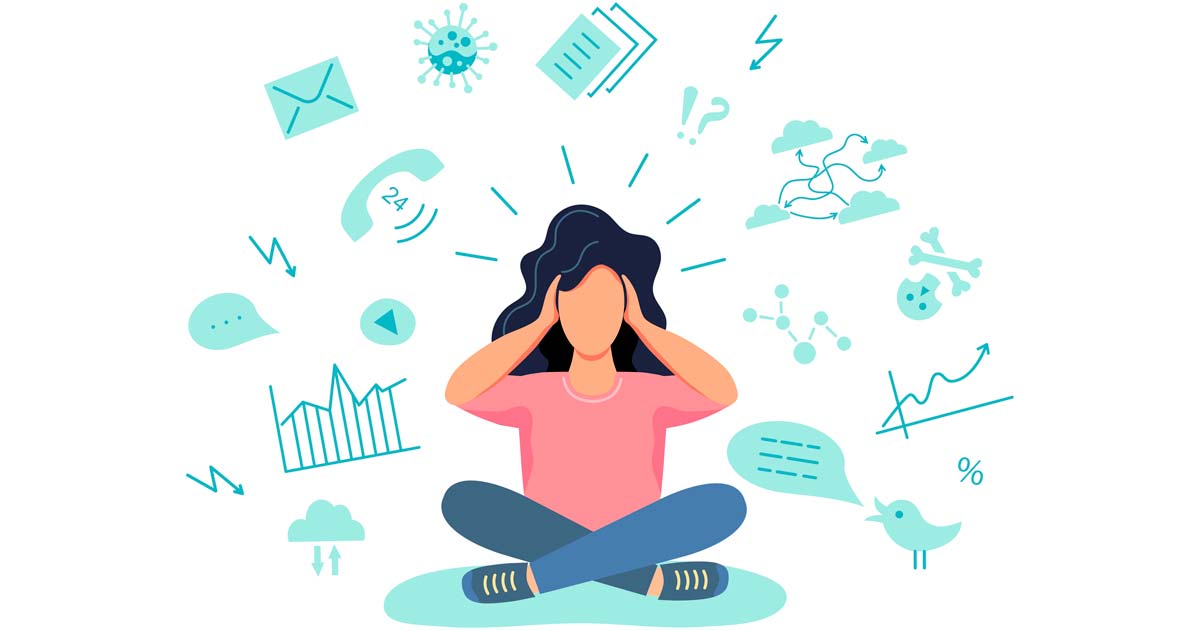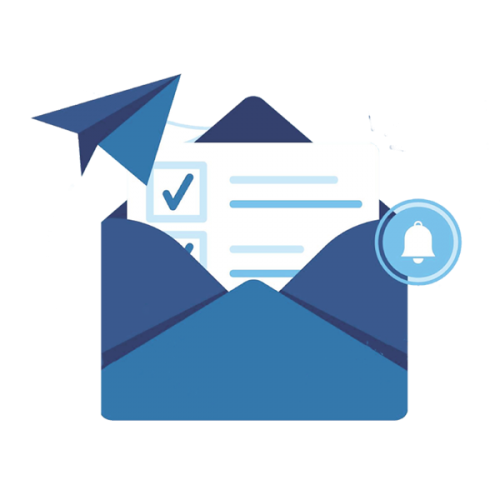As we have seen, stress is successfully influenced by meditation as a therapeutic approach to deal with the tension of anxiety in everyday life. In the second part of this article, we will focus on innovative meditation methods that provide an alternative to traditional approaches in stress management.
In this part, we will look at recent scientific discoveries that complement or extend traditional ways of achieving a state of meditation. We will look at how these new approaches affect brain activity and how they can quickly and effectively support stress management in the modern world.
New meditation methods and their benefits
In recent times, we have seen the emergence of innovative meditation methods providing different approaches to controlling stress and improving brain activity.
Some of these innovative methods include:
- Transcendental Meditation (TM):
This method focuses on the use of a specific mantra that is repeated mentally. The goal is to reach a state of inner stillness. Transcendental Meditation is unique in its approach as it pays special attention to the individual needs of the practitioner.
- Achankara Meditation:
This method is based on focusing on the inner light and using mantras to amplify this inner focus. Achankara meditation provides an intense experience of directing attention to inner knowing and transcendence.
- Sound Meditation:
This method uses a variety of audio-visual aids such as music, sound vibrations or even natural sounds to make the mind calmer and direct attention to an inner state of equanimity. Sound meditation provides a flexible approach, allowing practitioners to choose the appropriate sound focus for themselves.
These methods not only provide variety in approach to meditation, but also feature specific techniques that contribute to achieving inner peace and improving psycho-emotional well-being. As a result, they represent innovative tools to support health and well-being in the modern age.
How these new methods influence brain activity and stress management
Research shows that these new meditation methods have similar effects on brain activity as more traditional forms of meditation. They can improve concentration levels, reduce stress and make it easier to achieve a calmer mind.
The specific effects of these new methods have been linked to improvements in emotion management and reduced stress and anxiety levels. As innovative approaches to meditation, they offer alternative pathways for training individuals in coping with stress and achieving a deeper state of calm.
Practical tips for incorporating meditation into daily life
- Choose a time to practice that fits into your schedule: Make time for meditation in your daily routine, even if it is for a short time. Choose a time that is convenient and right for you.
- Create a cozy space for meditation: Choose a calm and quiet place where you feel comfortable and can concentrate without interruptions. Create an atmosphere that supports you in your practice.
- Choose a method or technique you like: Explore different methods of meditation. Choose the one that appeals to you the most or one that you can easily adapt to your lifestyle.
- Be patient with yourself. Meditation is a skill that is honed over time and regular practice is necessary.
- Practice regularly: Even for a short time, make time each day for meditation. Over time, you can gradually increase the duration of your practice.
- Focus on your breathing: Breathing is often the key to calming down. When your mind wanders, bring your attention back to your breathing. This focus can help you concentrate and achieve a deeper state of calm.
Examples of programs or resources that can help you as a start
- Mobile Meditation Apps: Mobile meditation apps like Headspace, Calm, and Insight Timer provide extensive guides and meditation audio files. Meanwhile, the app “Meditation – The Path to Serenity” offers a variety of meditation types and stress-relief exercises.
- Websites and Online Courses: Mindful.org, UCLA Mindful Awareness Research Center, and Happify offer comprehensive programs for beginners in English. If you’re seeking information in Bulgarian, Meditation.bg is a useful website with articles and guides on meditation and mindfulness. Additionally, MeditationLife.bg provides online materials and exercises for meditation, relaxation, and stress management.
- Books: Books such as “Meditation: Basics and Practices” by Michael Steiner and “Meditation for Everyday” by Louise Hay offer practical advice and meditation exercises presented in an easy and accessible manner.
These resources present a structured and flexible approach to meditation suitable for new practitioners. The use of short sessions and regular practice are essential for building meditation habits and achieving their beneficial effects in stress management.
Conclusion
Meditation is not just a practice, but a holistic approach to stress management and improving quality of life. Its power lies in its ability to teach us to focus on the present moment, regulate our emotions, and build cooler responses to stressful situations. It doesn’t require a lot of time or special skills. Just take a few minutes each day to sit quietly and focus on yourself. Find the method you like best – whether it’s through videos, programs or self-exercises. Meditation can be the key to a calmer mind, less stress, and an overall more balanced lifestyle.
Sources:
- Davidson RJ, Kabat-Zinn J, Schumacher J, Alterations in brain and immune function produced by mindfulness meditation. Psychosomatic Medicine. 2003;65(4):564-570. – This study examines the relationship between meditation and alterations in brain and immune function.
- Hölzel BK, Carmody J, Vangel M, et al. Mindfulness practice leads to increases in regional brain gray matter density. Psychiatry Research. 2011;191(1):36-43. – Study demonstrating that meditation leads to increases in brain gray matter density.

